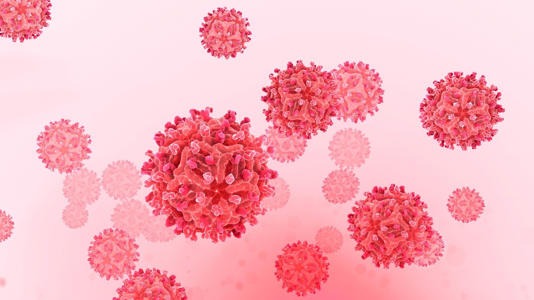
Japanese Encephalitis: There has only been one case of Japanese Encephalitis (JE) reported in the city of Delhi, but this viral disease is zoonotic. Authorities claim that there is nothing to worry about because all the health requirements have guidelines from the National Centre for Vector Borne Diseases Control.
A 72-year-old man from West Delhi was admitted to All India Institute of Medical Sciences on November 3 complaining of chest pain, a notice dated November 27 issued by Municipal Corporation of Delhi states. The patient was diabetic with coronary artery disease, weakness of the legs and was incontinent. He was diagnosed with Japanese Encephalitis on November 6 following a blood test. He was discharged on November 15.
What is Japanese Encephalitis?
Japanese Encephalitis is an infection, which is also a viral zoonotic disease resulting from the causative virus, which involves the bites of infected vectors, usually Culex mosquitoes that act between various animals especially birds of Ardeidae family, as well as pigs. Viruses might cause different syndromes, for instance, ranging from fever and other various neurological disorders such as in severe cases. For instance, it may cause seizures and death due to very critical conditions.
JE has a high case fatality rate and survivors often carry long term neurological sequelae. Till 2024, the Integrated Disease Surveillance Programme reported 1,548 cases of JE in 24 states and UTs and Assam itself accounted for 925 cases.
Since 2013, the Japanese Encephalitis vaccine has been added to the Universal Immunization Programme of the central government in all high-burden states for adult immunity.
Signs and Symptoms
JE symptoms are similar to those of other viral encephalitis diseases that start with fever and neurological disorders like headaches, meningitis, or encephalitis. Common symptoms include fever, headache, confusion, disorientation, coma, tremors, paralysis, muscle rigidity, loss of coordination, and neck stiffness. Symptoms alone can make it difficult to diagnose JE as they are quite similar to other viral encephalitis cases.
Treatment
There is no specific antiviral treatment available at the moment. The treatment is generally supportive, with the goal of reducing the symptoms. Antipyretic medication using acetaminophen, which is also known as paracetamol, is given in the control of fever and relief from headache or body ache. Fluids should be given in adequate amounts, especially if the patient presents with signs of high fever, vomiting, or diarrhea. Intravenous fluids can be given when indicated.
Also Read : Vijay Sethupathi’s ‘Maharaja’ gets an overwhelming response from the China premiere







